About AppleGate Recovery Richmond
AppleGate Recovery Richmond in Richmond, Virginia, was an outpatient opioid addiction treatment facility for adults. The facility utilized medication assisted treatment (MAT) to help clients recover from substance use disorder. The staff members that clients would work with included nurse practitioners and doctors. While the Richmond location is closed, AppleGate Recovery has locations in West Virginia, Maryland and other states throughout the southeast.
A Support System to Encourage Sobriety
The facility focused heavily on helping individuals build a support system that would support their recovery. Clients would have the support of their counselors as well as the support of their peers in group counseling sessions. They were also encouraged to rebuild ties with their families and attend 12 Step meetings.
Office Based Opioid Treatment
Buprenorphine and Suboxone were used to help prevent withdrawal symptoms and help clients focus more on addressing the cause of their addiction in counseling. Unlike methadone clinics, clients were prescribed these medications so they wouldn’t have to be at the facility as frequently and have more time to take care of their daily responsibilities.
AppleGate Recovery could be contacted anytime for refills on medication. Along with more time for daily responsibilities, clients also had more time to practice living a sober lifestyle by seeing the interesting attractions that Richmond offered. They could visit various unique museums such as The Poe Museum and the Virginia Museum of Fine Arts.
Case Management Services
The facility offered case management services to help clients remove any barriers to their recovery. Case managers could get clients access to resources such as public benefits, housing and employment. They also referred clients to other services or programs that could help with recovery.
Latest Reviews
Rehab Score
Gallery

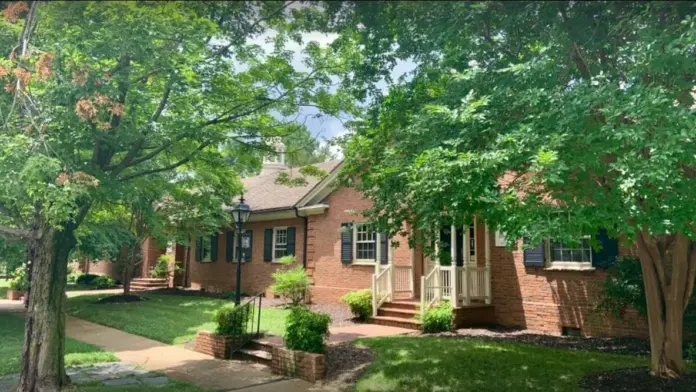
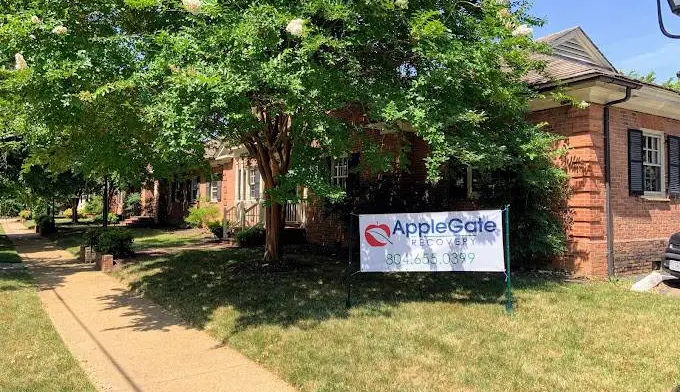
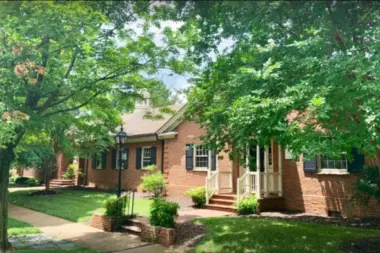
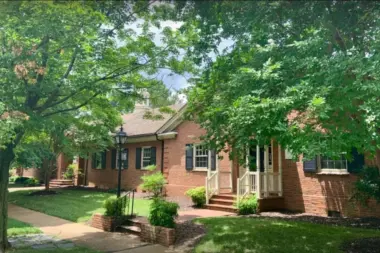
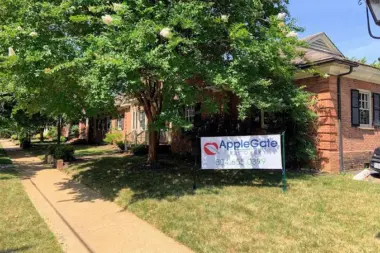
Accepted Insurance
Other Forms of Payment
Private insurance refers to any kind of healthcare coverage that isn't from the state or federal government. This includes individual and family plans offered by an employer or purchased from the Insurance Marketplace. Every plan will have different requirements and out of pocket costs so be sure to get the full details before you start treatment.
Self-pay involves paying for treatment out of your own pocket. You can use savings or credit, get a personal loan, or receive help from family and friends to fund your treatment. If you don't have insurance or your insurance plan doesn't cover a specific program, self-pay can help ensure you still get the care you need.
Medicaid is a state based program that helps lower-income individuals and families pay for healthcare. Medicaid covers addiction treatment so those enrolled can use their coverage to pay for rehab. When a program accepts Medicaid the client often pays very little or nothing out of their own pocket.
Medicare is a federal program that provides health insurance for those 65 and older. It also serves people under 65 with chronic and disabling health challenges. To use Medicare for addiction treatment you need to find a program that accepts Medicare and is in network with your plan. Out of pocket costs and preauthorization requirements vary, so always check with your provider.
Addiction Treatments
Levels of Care
Outpatient Programs (OP) are for those seeking mental rehab or drug rehab, but who also stay at home every night. The main difference between outpatient treatment (OP) and intensive outpatient treatment (IOP) lies in the amount of hours the patient spends at the facility. Most of the time an outpatient program is designed for someone who has completed an inpatient stay and is looking to continue their growth in recovery. Outpatient is not meant to be the starting point, it is commonly referred to as aftercare.
Treatments
The goal of treatment for alcoholism is abstinence. Those with poor social support, poor motivation, or psychiatric disorders tend to relapse within a few years of treatment. For these people, success is measured by longer periods of abstinence, reduced use of alcohol, better health, and improved social functioning. Recovery and Maintenance are usually based on 12 step programs and AA meetings.
When you enroll in drug rehab in Virginia, a treatment plan is designed by professional staff in order to help you overcome drug addiction and modify addictive behaviors. This may include evidence-based treatments, group and individual therapy, and relapse prevention.
Substance rehabs focus on helping individuals recover from substance abuse, including alcohol and drug addiction (both illegal and prescription drugs). They often include the opportunity to engage in both individual as well as group therapy.
Programs
Adult rehab programs include therapies tailored to each client's specific needs, goals, and recovery progress. They are tailored to the specific challenges adult clients may face, including family and work pressures and commitments. From inpatient and residential treatment to various levels of outpatient services, there are many options available. Some facilities also help adults work through co-occurring conditions, like anxiety, that can accompany addiction.
Clinical Services
In individual therapy, a patient meets one-on-one with a trained psychologist or counselor. Therapy is a pivotal part of effective substance abuse treatment, as it often covers root causes of addiction, including challenges faced by the patient in their social, family, and work/school life.
Contact Information
204 N. Hamilton Street
Suite B
Richmond, VA 23221








